I'll take Your Bread (1987)
Gênero : Documentário
Runtime : 54M
Director : Henrikas Šablevičius
Sinopse
Documentary film showing authentic Lithuanian traditions & rituals during major seasonal festivals: Winter solstice, Mardi Gras, Easter, Midsummer.
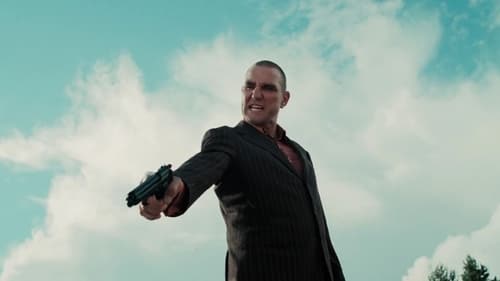
Quatro amigos – John, Ben, Tim e Michael – viraram ladrões pela primeira vez e ficam presos no leste da Europa através de uma série de desventuras,assim, tendo que encontrar o seu caminho de volta para casa, Para isso, eles terão de superar pistoleiros, prostitutas, policiais corruptos, contrabandistas e muito mais.
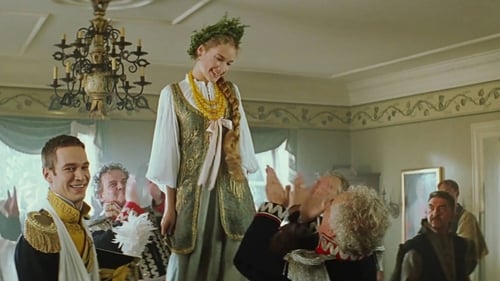
A grand and patriotic tale of Poland's struggle for freedom just before Napoleon's war with Russia. Written in poetic style by Adam Mickiewicz, this story follows two feuding Polish families as they overcome their old conflicts and petty lives. However, they are able to unite as one with their patriotic and rebellious efforts to free the country they deeply love from Russian control.
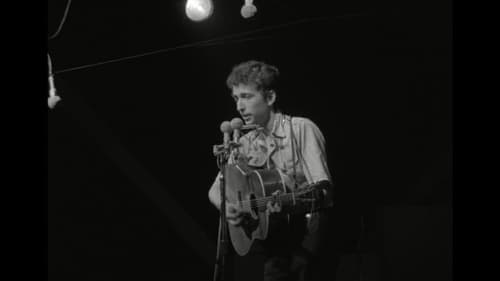
An unvarnished chronicle of Bob Dylan's metamorphosis from folk to rock musician via appearances at the Newport Folk Festival between 1963 and 1965.

What would you get if you mix a gangster film and a soap opera? "Zero 2" is a crazy twister of criminal romance and sexy violence that just might laugh you to death.

O filme conta a história de Rokas, um jovem da Lituânia, que nunca viveu a guerra, mas cresceu à sombra dela. Transportando um caminhão de ajuda humanitária de Vilnius para a Ucrânia, ele entra numa viagem de descoberta e sacrifício, cruzando fronteiras entre países, entre pessoas.
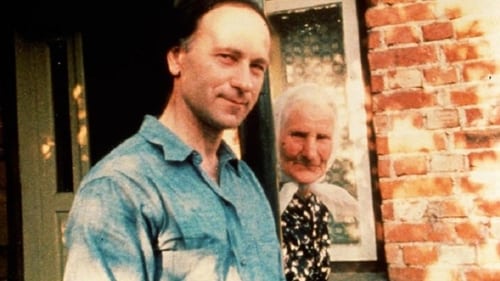
Este filme mostra a volta dos irmãos Jonas e Adolfas Mekas à sua terra natal, Lituânia. Aparentemente, eles deixaram o país no final da Segunda Guerra Mundial e sofreram várias dificuldades para chegar à América. Até o momento deste filme (1972), eles nunca tinham voltado.

Lithuanian photographer, the legend of Soviet Sixties' generation Vitas Luckus tragically passed away in 1987. Yet the life and times of the talented rebel still impassion and lead us to a journey questioning why, at all times, we are wary of those who are really free.

Between 1944–1953, courageous resistance movement took place in the Baltic region of Europe, uniting the partisan troops for struggle against the Soviet Union. “The Invisible Front” was a coded name used by the Soviet Interior forces to describe the resistance movement in Lithuania. Film depicts the story of the fighters through the words and experience of the partisan leader, Juozas Luksa, and interviews with eyewitnesses of those events - both the partisans and the Soviet fighters. Tales of horror, torture and courage are told in the rare archival footage that has never been screened before, and interviews with the surviving members of the resistance movement.

Adaptation of Hermann Sudermann's novel about the troubled relationship between the strong willed Erdme and her irascible husband Jons in the Lithunian moors.

A group of protesters, from all around Lithuania, gather at the Television Tower to protect it from approaching Soviet tanks and paratroopers.
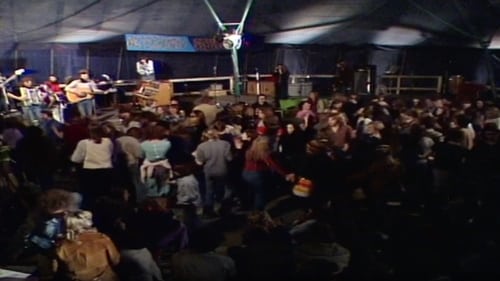
A protest against the Eurovision Song Contest, 1975Alternative Festivals were organized all around Sweden. This Alternative Festival was broadcasted from a circus tent in Stockholm, presenting a wide variety of folk culture and music.

O advogado gay Marius passa sua vida festejando com amigos e correndo atrás de amores fugazes. Até que um dia, seu pai, de quem estava distante, morre. O luto se transforma em amor quando Marius encontra uma conexão inesperada com Ali, um refugiado da Síria que trabalha como stripper virtual.

Four Lithuania's founding fathers suddenly come back to life 100 years later after signing Lithuania's declaration of independence. Now it's stored somewhere in Berlin's archives, and they are on a mission to get it back.

AquaBurn is an award-winning documentary film by director Bill Breithaupt showcasing "The Floating World" theme of the 2002 Burning Man Festival. AquaBurn features many of the incredible Burning Man art installations, the imagination and originality that went into their creation, and the artists who conceived them. Unlike conventional documentaries on the Burning Man Festival, AquaBurn captures the true feeling and excitement of the event itself, transporting the viewer to a hot, dusty wonderland without ever leaving home.
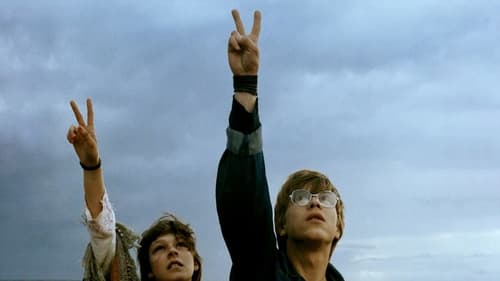
Kaunas, Lithuania, 1972... Young people are sitting in the Hotel "America" basement and listen to Western Radio.
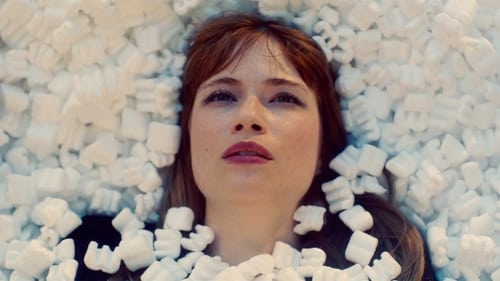
Other Girls tells the story of four young girls nearing graduation, all of them struggling with various issues.
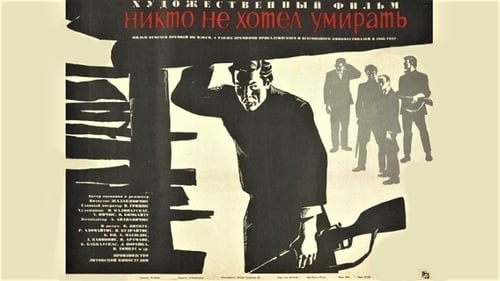
The film is set in Lithuania after the Second World War. It shows dramatic events in a small Lithuanian farming community, where people are split between the Soviets and the "brothers in the woods", who are fighting to defend their land from the Soviets after the end of the Second World War.

The atmosphere of a corridor between yesterday and tomorrow, where many doors open into the unknown. A series of faces, gestures and images both real and imagined time. A fragmentary narrative without dialogue depicting several people in Vilnius.

A beautifully done video of Burning Man 2001, 2002 & 2003. Lots of people interviews, Center Cafe activity and extensive coverage of artist David Best and the Temple construction and burn. This documentary captures the swirling columns of dust that were created during the intense heat of the 2002 Temple burn.

Karel Vachek’s graduate film offers us a documentary essay which is both a light-hearted and aggressive little piece and also a parody of investigative film journalism. The Strážnice folk festival, backed by the cultural Party apparatus of the time, for years had little to commend itself to authentic folklore. In the film the event assumes the form of a bizarre stage spectacle with almost surrealistic elements that Vachek reinforces with unconventional approaches (commentary appearing as titles on screen, singing, declamations into the camera, feature etudes, the fusion of news coverage and fiction). The result is a stirring film collage depicting various characters, from crowd-pleasers, Easter egg decorators, kitsch artists and peddlers, to museologists and local residents, all of whom come up against the eccentric "identical” twin reporters Karel and Jan Saudek and a bored actress who appears as an extra. Using their special blend of irony and wit, they present us with the sad truth.













